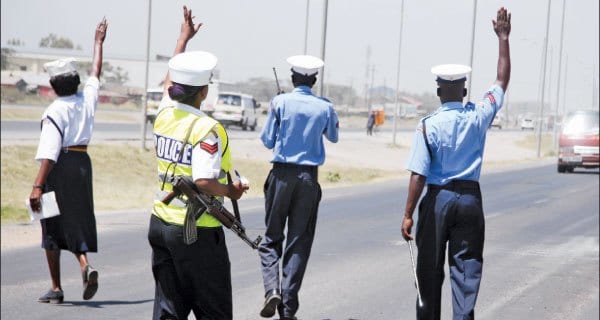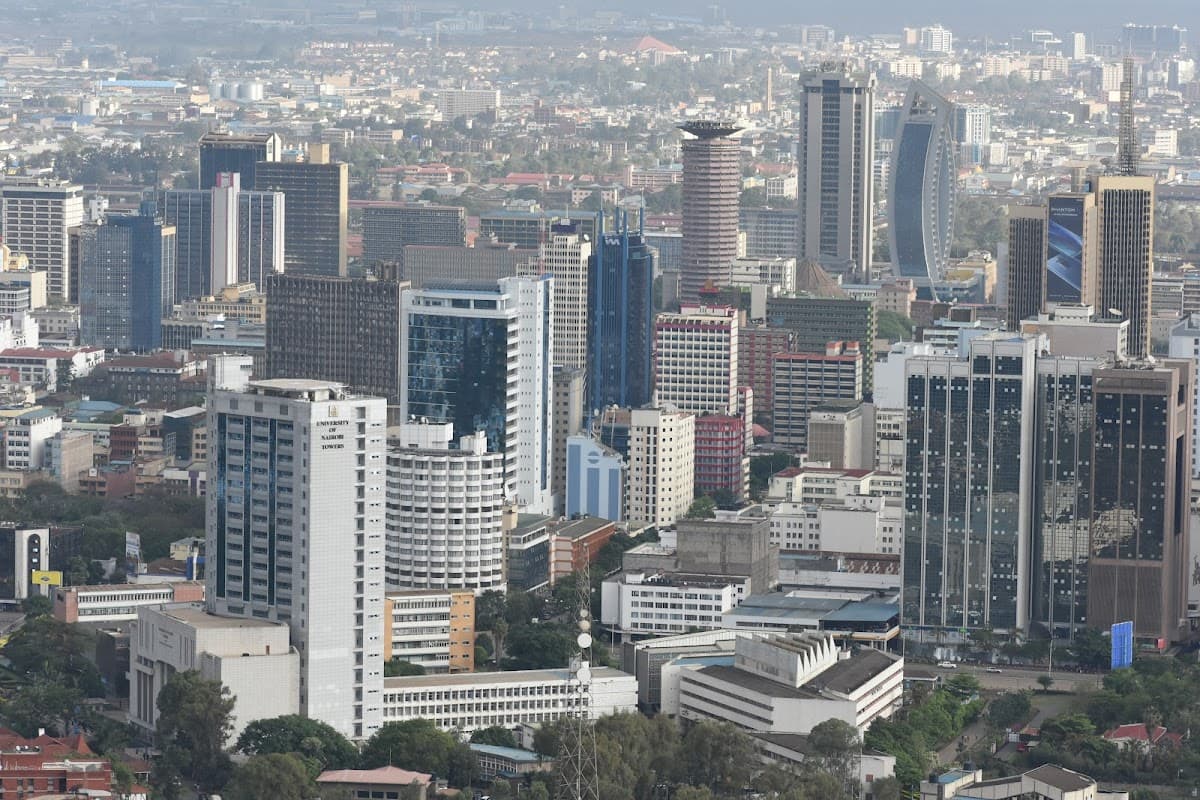Kenyans are paying bribes of up to Ksh20,000 for police services, a new report by the Ethics and Anti-Corruption Commission (EACC) has revealed.
According to the EACC report released on Monday, Kenyans, in 2023, paid Ksh20,300 to obtain police abstracts while those seeking police protection were forced to part with a Ksh6,887 bribe.
EACC added that the average bribe paid by those seeking a certificate of good conduct was Ksh541.
On the other hand, the commission revealed that bribes demanded by traffic police increased in amount by 89 per cent between 2022 and 2023.
Regarding the causes of rampant corruption, EACC attributed the prevalence to the weak systems within the National Police Service (NPS).
The commission also exposed that there were unethical practices of deductions of allowances for police, a move that saw officers resort to bribes.
"NPS has not developed the requisite documents in line with Chapter Six. There is also non-compliance with provisions of chapter 6 and the Leadership and Integrity Act, 2012," read the report in part.
Meanwhile, the EACC annual report launched last week, shows that bribery accounted for 42 per cent of the cases investigated, followed by embezzlement or misappropriation of public funds (13%), unethical conduct (12%), fraudulent acquisition and disposal of public property (11%), and other offences (22%).
The Commission revealed it received 5,171 corruption-related complaints during the Financial Year 2023-2024, marking an increase from the 4,932 cases reported in the previous year.
During the period, the Commission referred 512 cases to other agencies, requested additional information on 167 complaints, and recommended the closure of 642 cases.
The EACC also obtained 1,546 search warrants and orders to inspect bank accounts, mobile money transactions, premises, vehicles, and vessels linked to suspected corruption and economic crimes.
In line with Section 35 of the Anti-Corruption and Economic Crimes Act, the EACC forwarded 126 investigation files to the Office of the Director of Public Prosecutions (ODPP).
"Out of these, 104 cases were recommended for prosecution, eight for administrative action, and 14 for closure due to decision delays," the report noted.
The Commission also concluded 56 investigations into violations of Chapter Six of the Constitution and the Leadership and Integrity Act, 2012.
Eight government agencies, According to report, have been flagged as hotspots for corrupt dealings, with families and professionals being identified as primary enablers of the vice.
The institutions named in the report include the Kenya Revenue Authority (Port Health Services), Jomo Kenyatta International Airport (JKIA), the National Police Service, and the Ministry of Lands Registries.
Others are Kericho Referral Hospital, National Transport and Safety Authority (NTSA), Kenya National Highways Authority (KeNHA) – Weighbridges, and Nairobi City County.
EACC Chairperson David Oginde highlighted a growing trend where public officials are using their family members as proxies to engage in fraudulent activities.
“We have observed an emerging pattern and trend where public officials are enrolling the members of their families; their children, wives, husbands and their relatives to be their proxies in stealing from the public,” he said.
In response to these alarming revelations, EACC CEO Abdi Mohamud said the commission is set to take proactive measures to monitor and curb corruption in these institutions.
“We will be deploying our people in these institutions to be able to access the services these people give to the public, to find out what happens when a person approaches, for example, to pay for a license,” he stated.
EACC chairperson David Oginde pointed out the need to address conflicts of interest in the public sector, calling for the enactment of legislation to manage the issue.







